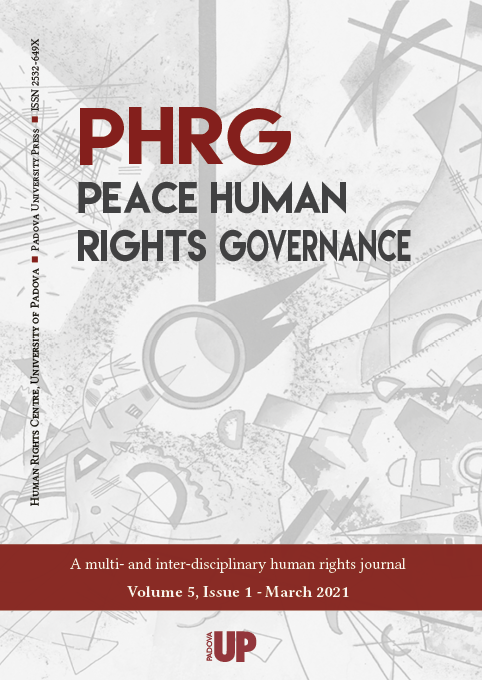Raccolte

Digital Technology: Protection and/or Economic Value for Personal Data Knowledge and Management and Conformity to Soft Law Norms
- Sito internet
- Peace Human Rights Governance 5(1)
- Tipologia pubblicazione
- Articolo / Saggio
- Pagine
- 125-150
- Lingua
- EN
Digital data flows have increased at a very fast pace: virtually they are more accessible but also more exposed to the risk of fragmentation, incorrect or incomplete acquisition and use for conflicting purposes by public and private actors. This has encouraged an interesting debate, fuelled by academic contributions and operational/models proposals from International Organizations and States: stimulating reflections have covered the relevance of soft law norms and their legal potentiality to create a proper and balanced systemic framework for the collection, storage and management of personal data by balancing the protection of human rights of data holders. The aim of the contribution is to preliminarily assess if soft law norms are really instrumental to protect the right of privacy and personal data as well as to reinforce their economic digital power.

